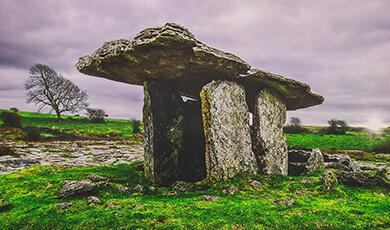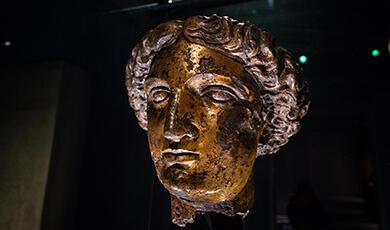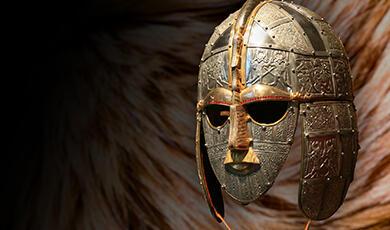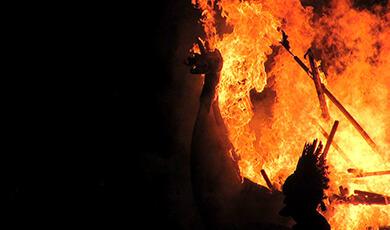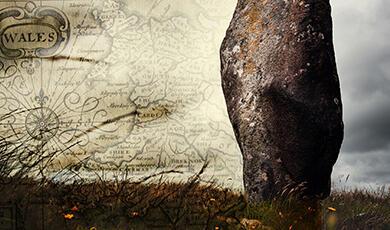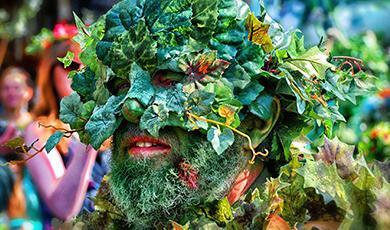Press release: Finding Lost Gods in Wales

Evidence of paganism in Welsh medieval manuscripts is frustratingly inconclusive
Is Rhiannon a horse Goddess, or simply “one of the great female personalities in world literature”?
King Arthur, “the greatest gift that Welsh literature has made to the world”
Embargo: 26 April 7pm
I would like to invite you to a Gresham lecture exploring whether medieval Welsh Literature gives insight into pagan divinities in Wales, Finding Lost Gods in Wales, by Professor Ronald Hutton.
In the lecture Professor Hutton, a world-renowned expert on the history of Paganism, and Gresham Professor of Divinity, will say: “Welsh tradition (in poetry) was so powerful that until the eighteenth century poets continued to pass off their own work as that of long-dead predecessors: it was simply the fastest way to get respectful attention.” It is very difficult, therefore, to date and attribute medieval texts.
Indeed one of the most famous cultural nationalist figures in Wales, Edward Williams (Iolo Morganwg), was found to have invented and forged documents to fill the gap between what he hoped to find in Welsh manuscripts and what was there - and was so influential that the Druidic ceremonies that he invented still open the National Eisteddfod. “His sincere aim was to aid the contemporary Welsh cultural revival by recovering the ancient wisdom of his people. This he expected to have been embodied in the Druidic system of philosophy which he likewise expected to be a rational and enlightened creed that could be restored for a new age of reason. He further expected that system to have been preserved in the medieval Welsh manuscripts on which he was one of the main experts. On carrying out the necessary research, he realised that it wasn’t there."
Hutton explores how scholars between the late 19th and early 20th centuries believed that some Welsh poems and stories embodied traces of Druidic belief and pagan deities, but shows that those are not thought to be from at least 500 years after the arrival of Christianity. And in fact most of it dates from manuscripts written in the 13th and 14th centuries: the Black Book of Carmarthen, the White Book of Rhydderch, the Red Book of Hergest and the Book of Taliesin.
Hutton goes on to explore whether Rhiannon, Ceridwen, Gwyn Ap Nudd, Arianrhod and the legend of King Arthur contain echoes or memories of pagan Gods and legends. He will conclude that there is no hard evidence: “Rhiannon may be a goddess or not, depending on how you feel, Preiddu Annwn (the Loot of the Otherworld) may plausibly have many different possible meanings. What baffles us as scholars may be a gift to us as artists.”
ENDS
Notes to Editors
You can sign up to watch the hybrid lecture online or in person; or email us for an embargoed transcript or speak to Professor Hutton: l.graves@gresham.ac.uk / 07799 738 439
Read more about Professor Hutton.
Sign up to our monthly newsletter here to get advance notice of our events.


 Login
Login
